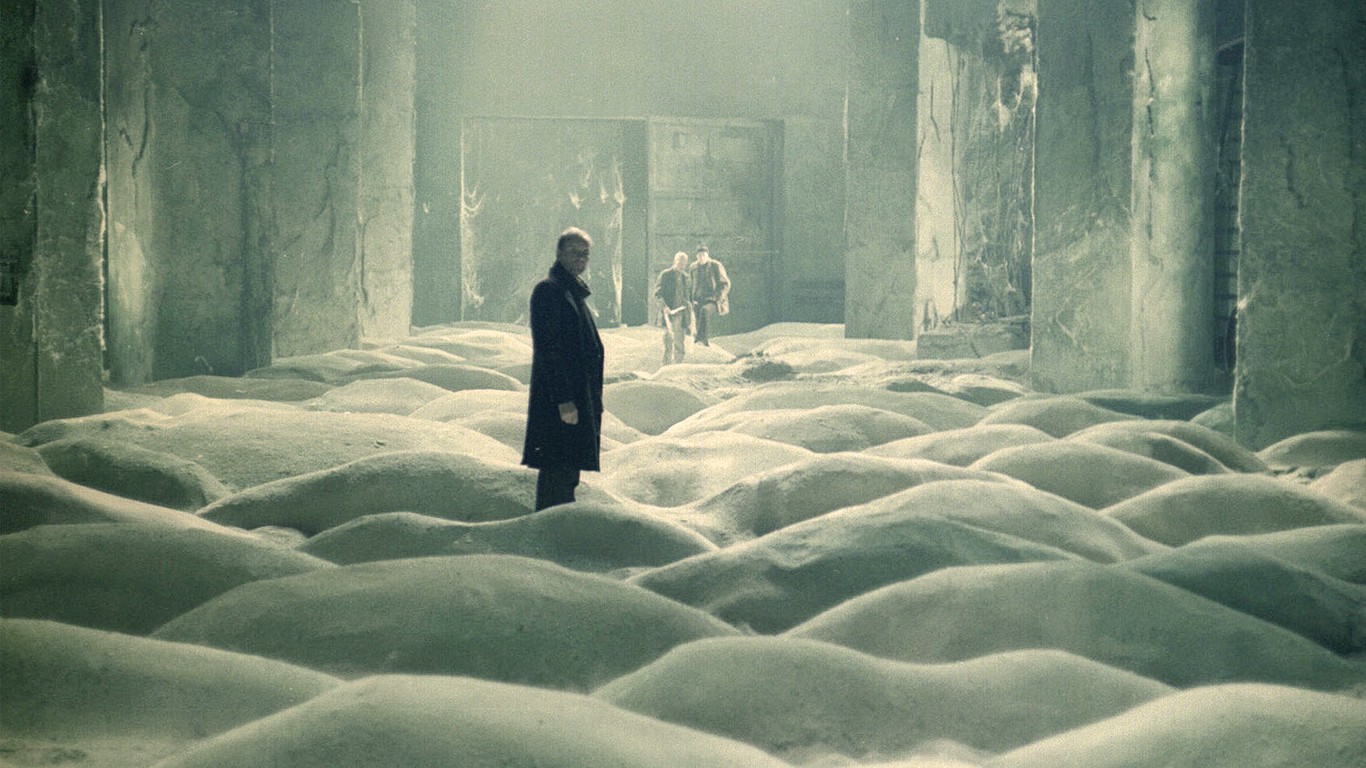
It is said that before you turn 30 you need to remain silent and to listen to what those with more experience have to say about life. It is a time for learning the ways of the world in order to understand our place and figure out what kind of life we want to lead and who we want to be.
When one reaches adulthood, it becomes clear that school can’t teach us all we need to know about the world and about life, for most of the learning needs to come from us, from our experiences with the world. More than any other art, cinema is the one most useful for this, for it is the closest one to life.
A movie theatre can be like a school or a church, where we visit with the purpose of learning something new. In a film we can take a glimpse at a life way different from our own, to live just for awhile in the shoes of somebody else.
Watching a movie can be a very fruitful experience. We can learn about love, pain, desire, sexuality, philosophy, and many more subjects in a way that feels so close to us that it seems that we are learning directly from life itself.
Here I present a list of 15 films that offer a very thorough outlook of the human experience that will certainly aid the process of becoming that are the troublesome years of early adulthood. These films are essential viewings for anybody willing to learn from some of the greatest artists of history. Whether it be for their artistic values or for the depth with which they capture the essence of human life, these films are great places to go when one is feeling confused and lost.
1. Blade Runner (Ridley Scott, 1982)
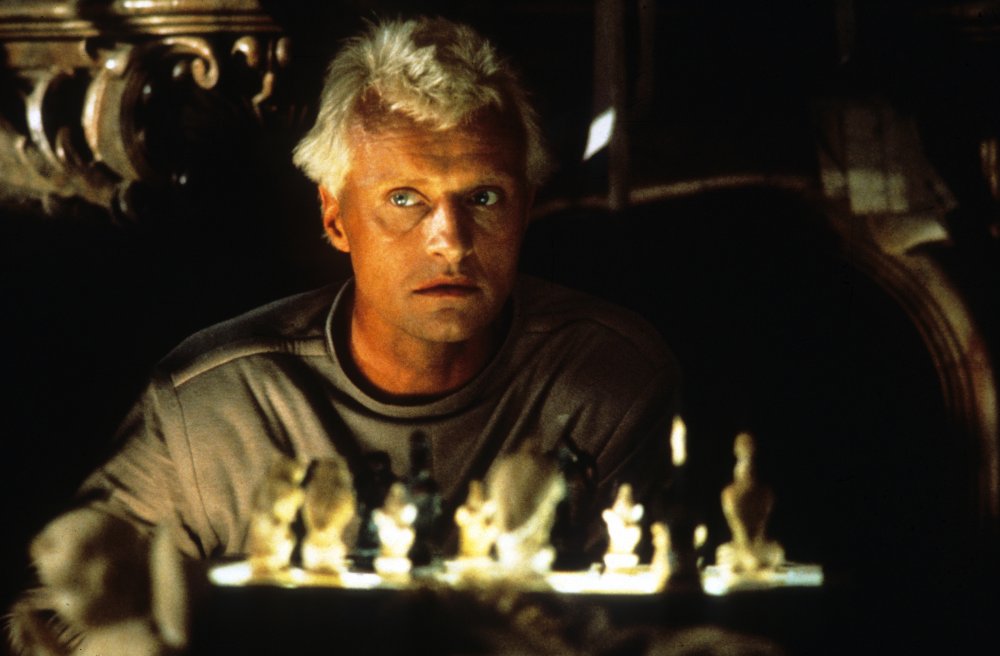
While Denis Villeneuve’s sequel brought new attention to the classic Ridley Scott film, “Blade Runner” was already deemed a cult classic and it has been worshipped by cinephiles ever since it was first released in 1981.
The film follows Rick Deckard, who works as a Blade Runner, a special kind of cop tasked with the extermination of Replicants, human-like robots who have been outlawed due to their psychological instability. While on the surface the film is a detective movie, something that could be categorized as neo-noir, it goes beyond that, imposing several questions on the nature of conscience and what defines a human being.
While “Blade Runner” assumes the aesthetics of film noir, it isn’t an action film. Instead, it resembles works of art like Camus’ “The Stranger” or Sartre’s “The Nausea” in the way the physical events in the film are secondary, and the main interest of the viewers is in the symbolic journey of Deckard, the film’s existential hero, who gets involved in the eternal fight of the creator against its creations, of time against death, of the impossible against the inevitable.
This is one of those films that stays with you for the rest of your life, for it involves the viewer in a setting that propitiates philosophical pondering and a questioning of the fundamental aspects of reality that might lead to a shift in the way they look at life.
2. Ikiru (Akira Kurosawa, 1952)
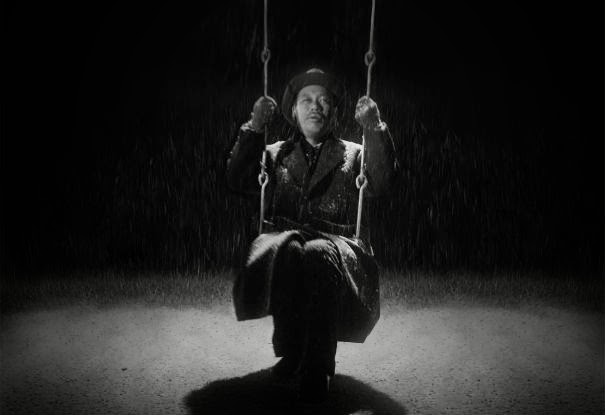
Akira Kurosawa is surely one of the most influential filmmakers in the history of the medium as the creator of masterpieces such as “Seven Samurai,” “Ran,” “Rashomon” and “Throne of Blood.” One of his most constant themes is the hopeless fight of men who try to go beyond what is imaginable to accomplish the impossible.
“Ikiru” is an odd element in the filmography of Kurosawa, for it is not set in feudal Japan and is not starred by great men. Instead it is set in postwar Japan and it stars an old man who is dying from cancer and who has spent 30 years as a bureaucrat who has left no legacy.
The story of man faced with mortality, who decides to give meaning to a life of which he wasted 30 years, is deeply touching. The surge of an unseen and unexpected illness shakes the world of Mr. Watanabe, the protagonist of the story, who decides to use his position in the government to help a group of women who want to turn a flooded plot into a public park.
“Ikiru” teaches us to appreciate life for what it is: a fleeting moment that will never come back and whose consequences will stay with us forever. The moral of the story is very clear: we either let our life go by until death comes or we get up and assume as ours that task of creating a better world.
3. Eyes Wide Shut (Stanley Kubrick, 1999)
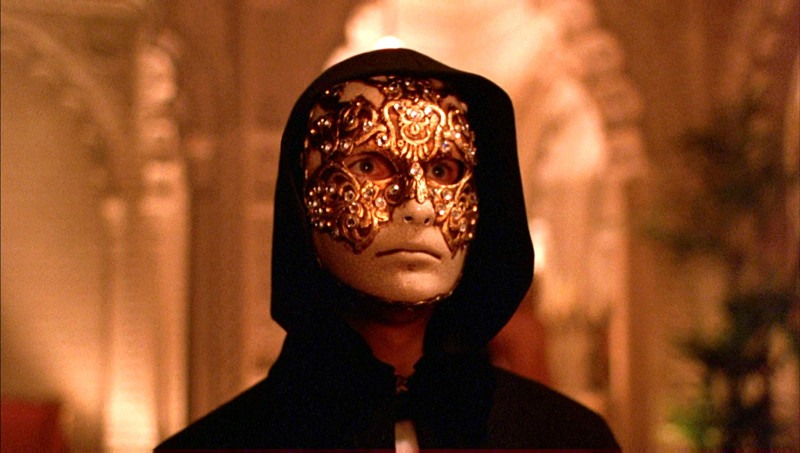
Stanley Kubrick is an essential auteur. During his career, he succeeded in every genre he touched, becoming a reference point for filmmakers that is still valid to this day. While his themes vary, there are elements common to them; one of such elements is the exploration of the dark side of the human experience, the psychological underwater that leads people out of their mind, making them turn to insanity, derangement and unjustified violence.
This is patent mostly in “A Clockwork Orange,” “The Shining” and “Full Metal Jacket,” and in a more subtle manner with “Lolita,” “2001: A Space Odyssey” and “Eyes Wide Shut.” The former, being the last film Kubrick directed before his death, is also the most mysterious and cryptic in his filmography.
Sexuality and dreams are the most palpable themes of the film. There is a strange oniric aura that floods the entire film; it feels like waking up from a strange nightmare we spend the entire day remembering. Tom Cruise, who stars in the film together with Nicole Kidman, plays a physician who gets involved in a dangerous sex cult formed by important people – politicians and businessmen.
Cruise’s character’s descent into the dark side of sexuality is allegorical for the process of sexual liberation for those educated under Catholic ideals. It calls for a reexamination of what sex means in the lives of people, what sexual attraction actually means. It invites us to live our sexuality without hypocrisy or shame, while also recognizing that, in most cases, sex is not just about sex.
4. Before Sunrise (Richard Linklater, 1995)
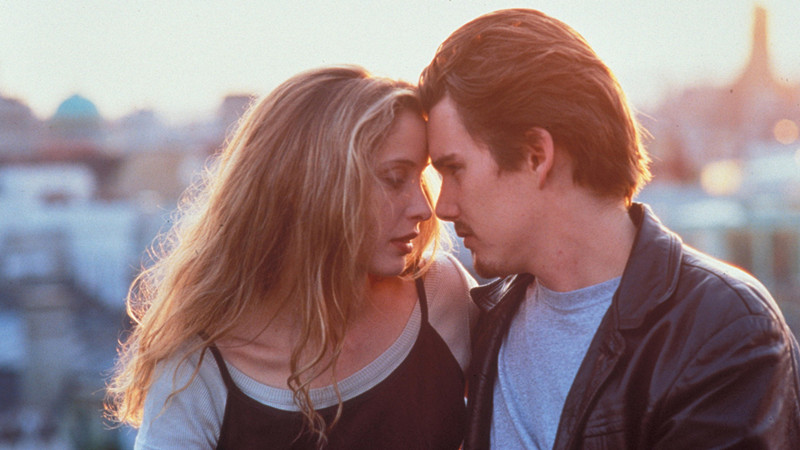
Richard Linklater has been known for exploring alternative ways of storytelling since the beginning of his career; from his explorations with rotoscope animation in which he merged the real world with the world of imagination, to his intention to document the childhood and the early teenage years of a character, filming as the actor ages over time, he has covered a lot of ground.
In “Before Sunrise,” one of his most famous films, he breaks the rule that says “show, don’t tell,” making a film in which the main source of action is the conversations between two people. While this way to proceed might result in a boring or underwhelming film in the hands of a bad director, he managed to create one of the most endearing romantic films in history, one that feels real, intimate, and in which the spectators might find themselves going back into their own memories of past loves.
While the previous film was concerned mainly with sexuality, “Before Sunrise” is about the surge of a moment of deep human contact and connection. The conversation between the two characters never feels boring despite being the only motor of the film, for it displays in a very pure and clear manner the way in which humans fall in love: it is not about the looks, the money, or certain clothes or a certain brand of perfume, love appears when one is honest and is genuinely open and interested in somebody else’s life.
Of course, such moments are rare, and when they do occur the leave a deep mark in one’s memory. This film manages to capture this, the miracle of two people actually understanding and accepting each other.
5. The Turin Horse (Béla Tarr, 2011)
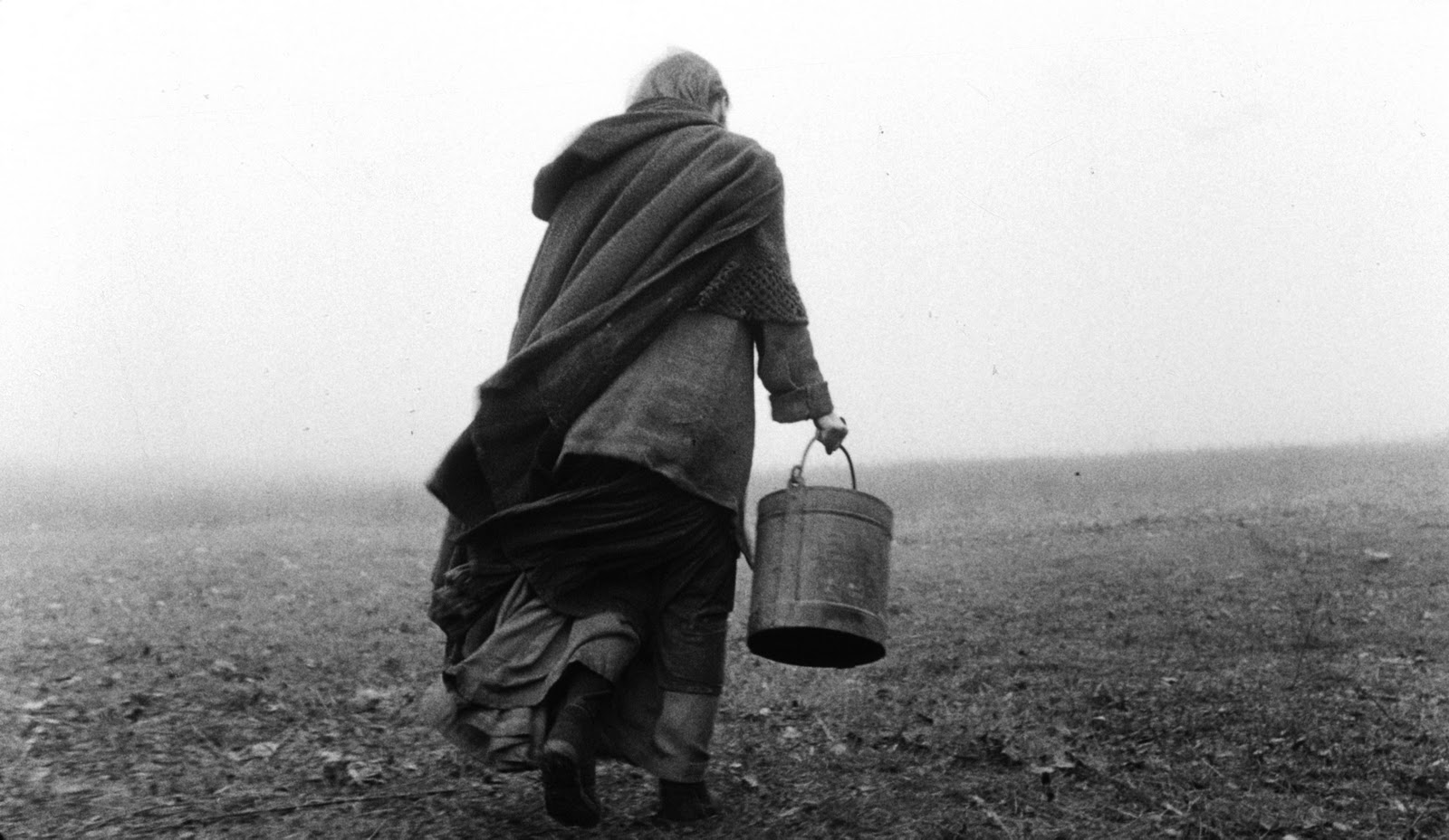
There is a famous myth that says that when German philosopher Friedrich Nietzsche was losing his sanity, he saw a peasant beating his horse, to which he reacted by running to the horse and hugging them.
While this story is false (and is in fact taken from Dostoevsky’s “Crime and Punishment,” which Nietzsche liked very much), Hungarian director Béla Tarr decided to use it as the starting point for “The Turin Horse,” his final film, in which he examines the life of the horse, its owner, and his family in the week after the supposed incident.
“The Turin Horse” is stunningly beautiful, filled with shots that could be framed and hung as individual pieces of art. This beauty is put to the service of a story that anticipates the coming of the apocalypse through the meaningless acts of everyday life. It is not an easy film to watch: it has plenty of long and silent takes in which seemingly nothing happens, so a lot of patience is required to actually appreciate this film.
While an understanding of Nietzsche’s philosophy certainly helps in the understanding of “The Turin Horse,” the mere poetry of the images is enough to create a sense of dread in the viewer, who will find themselves thinking about them days later, trying to decode their meaning, to find out how the apocalypse will manifest in their lives.
6. Synecdoche, New York (Charlie Kaufman, 2008)
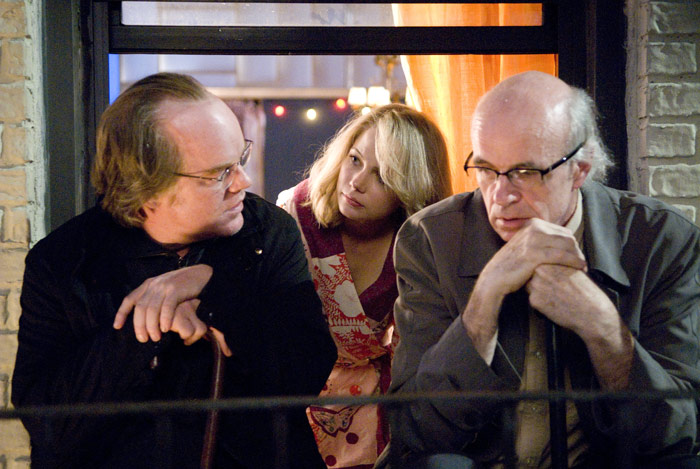
Existentialism has been one of the most persistent trends in philosophy ever since it was first introduced by French thinkers like Camus, Sartre and Beauvoir, although the feelings that sprung the view of life they turned into philosophy has been present in the most sensible and perceptive individuals through the entire history of mankind.
That being the case, there have been many artists and creators who have been occupied with the place humans occupy in the universe, our relationship with concepts such as God, transcendence, and meaning. One of such artists is Charlie Kaufman, who jumped to fame after writing “Eternal Sunshine of the Spotless Mind,” and even though his filmography as a director is quite small, he has created masterful films in which he asks the great questions we have been trying to answer since the dawn of humanity.
His opera prima was the outstanding and overwhelming “Synecdoche, New York.” It stars Philip Seymour Hoffman as a theatre director who sets out to create a play about life itself, in which every person, every small and insignificant event, has a place and an importance.
Such an ambitious project serves as a canvas in which Kaufman paints a painful picture of humankind; all of our fears, pain, suffering, loves, and desires are contemplated in the play, and each of our actions is echoed. “Synecdoche, New York” is a mirror in which the viewers see themselves in a cruel but honest light that calls for a deep self-examination, action and change.
7. Rebels of the Neon God (Tsai Ming-Liang, 1992)
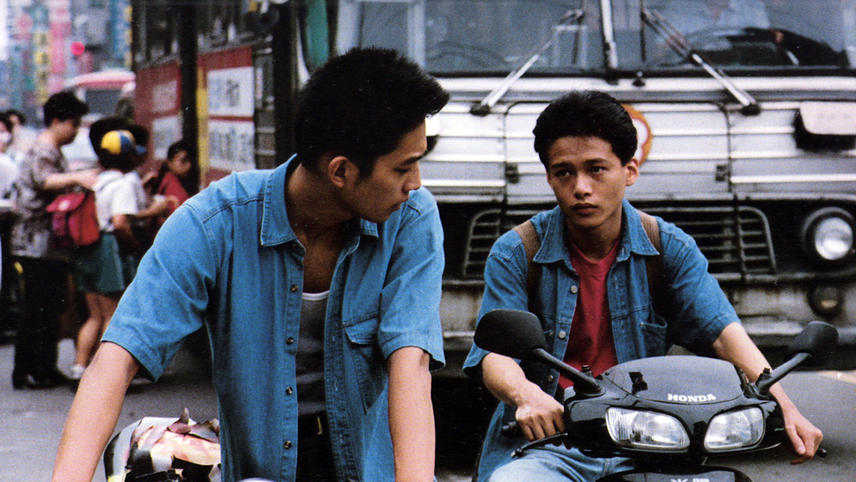
Melancholy, depression, ennui, weltschmerz, marasmo and many more have been the terms that, throughout history, humankind has used to describe that very common feeling that makes us inexplicably sad and disenchanted with the world and our lives.
Many things can trigger this feeling: sometimes it’s a natural disposition toward sadness or an extremely introverted character, a catastrophic incident that just occurred, or just the weird feeling that something is not right. “Rebels of the Neon God” is an exploration of these feelings, felt by a lonely teenager who is attempting to find himself, to understand who he is and what he wants to be.
Tsai Ming-Liang made a very honest and compassionate portrayal of teenage melancholy in this film through two characters. One of them, Ah Tze, is a shy and introverted boy who is studying to get into college. His parents don’t get along very well, and their relationship with him is tainted by a screen of misunderstanding and indifference.
On the other hand there is Ah Bing, a drifter who spends his time performing small robberies with his friend Hsiao-kang and who starts a relationship with a girl named Ah Kwei. Two different ways to experience the teenage years, but the same sadness, the same desire to leave everything that permeates life as adulthood starts to settle in and the comfort of infancy disappears.